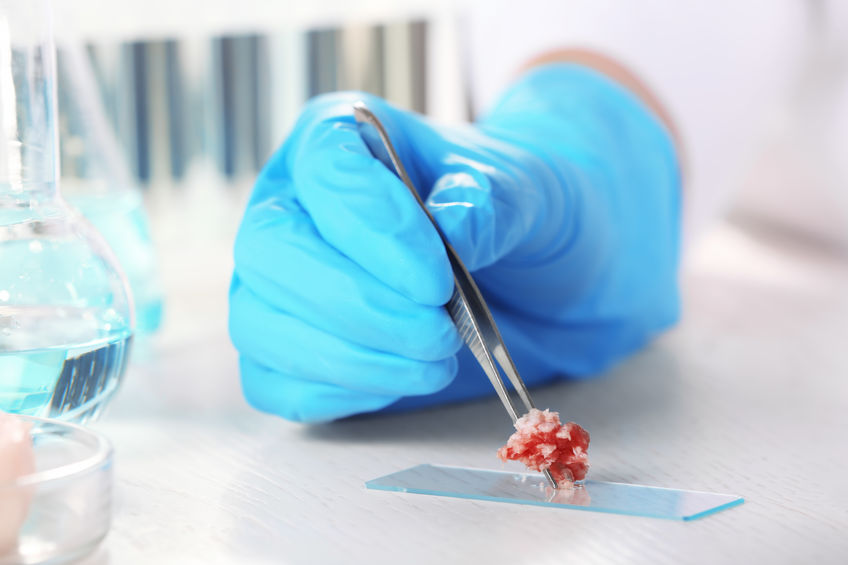Scientists develop reliable pig fat cell line in lab-grown meat breakthrough

A breakthrough in cultivated meat research could accelerate the production of realistic, animal-free meat alternatives, British scientists say.
A newly developed pig fat cell line has demonstrated exceptional stability and efficiency, marking a step towards scalable lab-grown meat without genetic modification.
Researchers from the Roslin Institute created a unique fat cell line, dubbed FaTTy, derived from early-stage pig stem cells.
Unlike most animal stem cells, which lose their ability to reliably produce fat over time, FaTTy cells can grow indefinitely in the lab while consistently developing into fat tissue.
The discovery could overcome one of the key challenges in the cultivated meat industry: producing sustainable and realistic animal fat.
“We didn’t simply develop a tool, we made a very special discovery,” said Dr Tom Thrower, lead researcher at the Roslin Institute, based in Edinburgh.
“The fact that these cells not only grow indefinitely but also retain their ability to become fat at such high efficiency is something we have never seen before in livestock stem cells.
"It opens the door to new possibilities in cultivated meat and beyond."
The lab-grown fat closely resembles native pig fat in its composition, with slightly higher levels of monounsaturated fats, which are considered healthier.
Scientists say that this could prove crucial in delivering the flavour and texture that consumers expect from meat.
Prof Xavier Donadeu, who was the study's principal investigator, said these fat cells could revolutionise the production of cultivated meat.
“These fat cells have the potential to be a game-changer by helping to produce cultivated meat that feels and tastes like traditional meat, whilst being environmentally and ethically sustainable in the longer-term."








